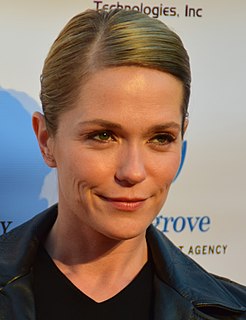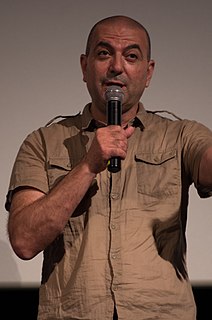A Quote by Roger Ebert
We don't have a lot of class-conscious filmmaking.
Quote Topics
Related Quotes
I'm British; I live here, and I've always made my films here. And we're on a journey in British filmmaking right now. We're attracting big films again. 'Star Wars' filming here will employ thousands of people. We're world-class in so many of the craft elements, and the vibrancy of our filmmaking is strong.
What I always tell people is... Unless you are so passionate about filmmaking that you would rather live out of your car than not do it, find something else to do as a career and do filmmaking as a hobby. This industry is one of the hardest to break into and be successful. It takes a lot of passion and dedication for it to get anywhere.
I'm conscious of race whenever I'm writing, just as I'm conscious of class, religion, human psychology, politics — everything that makes up the human experience. I don't think I can do a good job if I'm not paying attention to what's meaningful to people, and in American culture, there isn't anything that informs human interaction more than the idea of race.



































